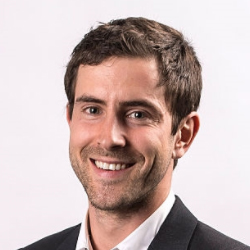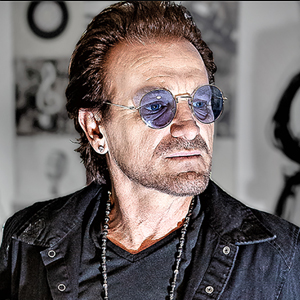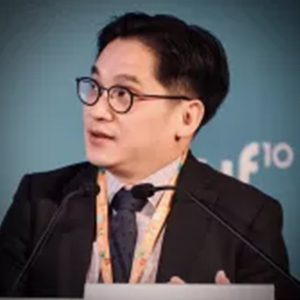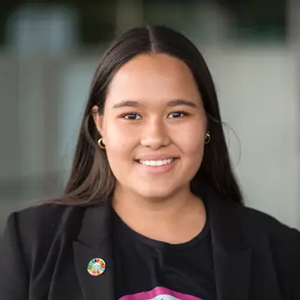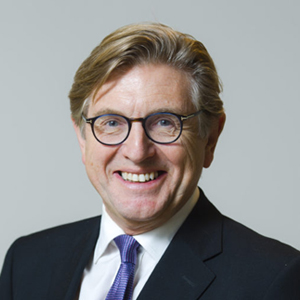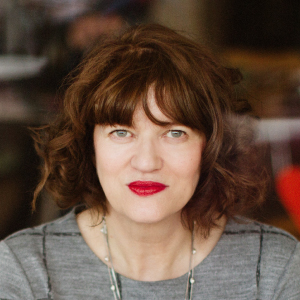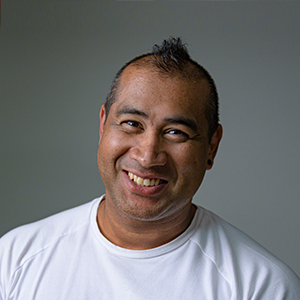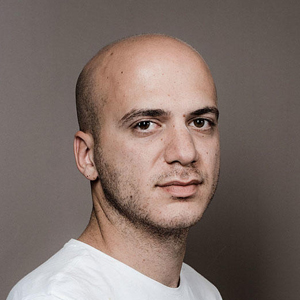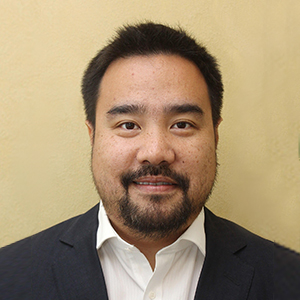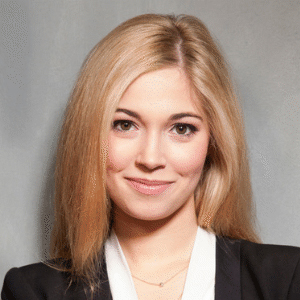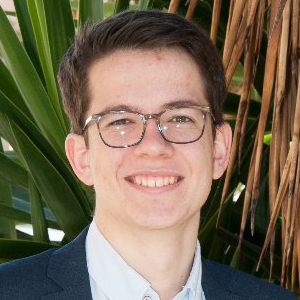Keller Rinaudo is a robotics and healthcare innovator who is showing the world how drone technology can be used to save lives.
Rinaudo is the CEO and co-founder of Zipline, which manages a system of custom robotic aircraft specifically designed to carry life-saving medical supplies to areas in need. Called a “visionary project” by the World Health Organisation, “the new face of the aerospace industry” in The New York Times, and one of Business Insider’s “Startups to Watch” in 2017, Zipline uses cutting-edge technology to leapfrog the absence of preexisting infrastructure all over the globe and deliver medical necessities to healthcare professionals and their patients in the most remote parts of the world. The company currently operates in parts of Africa as well as within three US states. Rinaudo was named one of 2016’s “Most Creative People in Business” by Fortune and made Forbes’ prestigious 2017 “30 Under 30” list in the Consumer Technology category.
Zipline’s groundbreaking partnership with the country of Rwanda has been the organisation’s largest success story to date, and will ultimately put all 11 million of the country’s citizens within a 15-30 minute delivery of blood and any essential medical product. Zipline drones currently make 50 to 150 deliveries per day of red blood cells, plasma or platelets to the 21 transfusion facilities in the western half of Rwanda. Zipline is also working with the Global Alliance for Vaccines, UPS, USAID, and several other countries in East Africa. In 2017, Fast Company named drones being used for good as one of the “12 tech trends that will shape our lives” this year, and cited Zipline’s work as proof.
Before founding Zipline, Rinaudo was a software engineer with a special interest in robots and autonomous systems. A graduate of Harvard University, Rinaudo built computers out of RNA and DNA that operate in human cells as molecular doctors and published this research in Nature Biotechnology, becoming one of the youngest first authors in that publication’s history.
